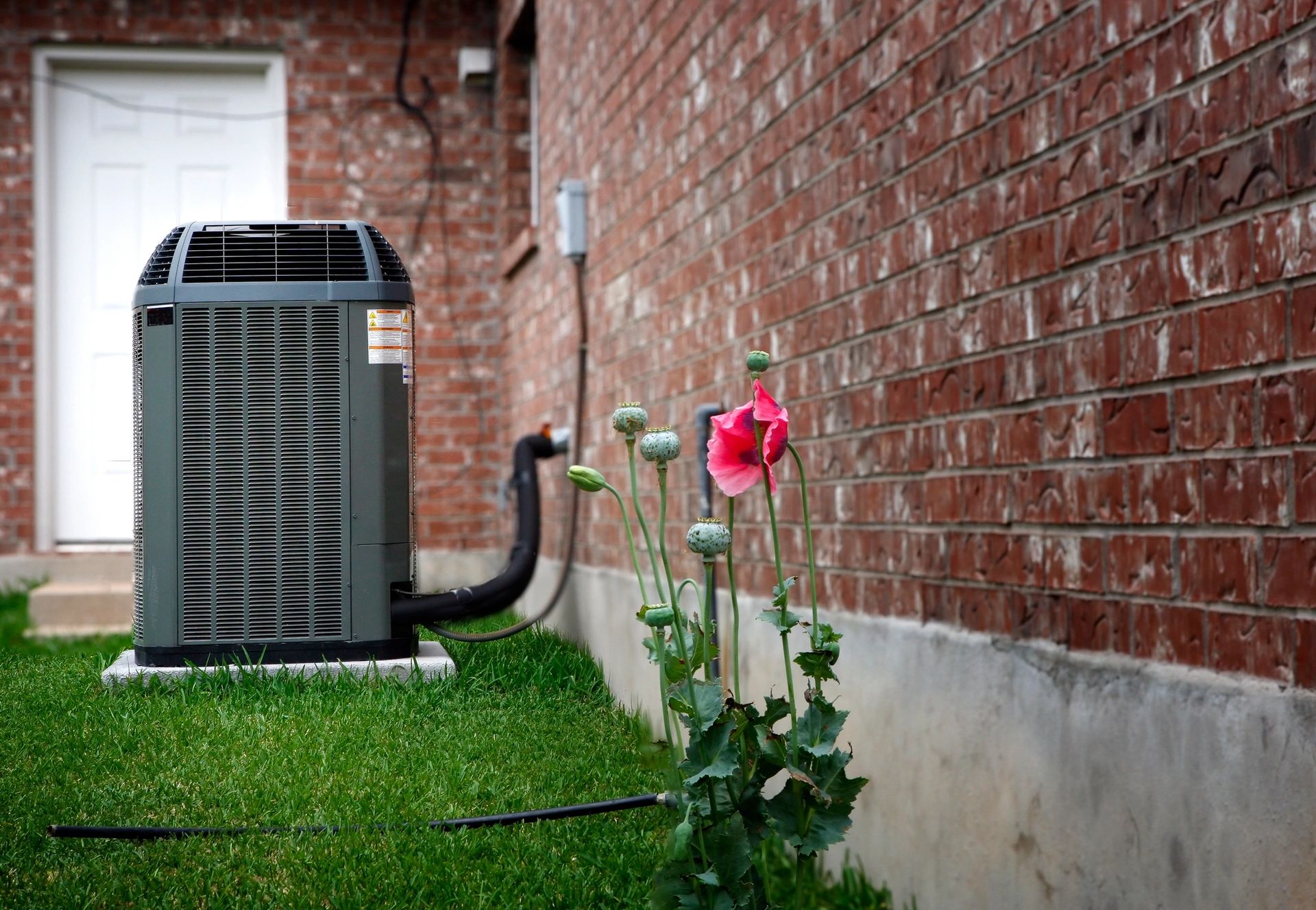Inefficient HVAC systems can not only be costly for businesses but also cause problems in the comfort, productivity, and health of employees and customers. Understanding the HVAC system is the best way to optimize every aspect of your business.
Managers and business owners may try to delay HVAC repairs or replacements in an effort to save money later. This can lead to higher costs down the line and sometimes even short-term damage. Monitoring the HVAC system's maintenance and preventing it from "running to failure" can help reduce utility bills, lower repair costs, and improve the working environment.
Here are nine questions that building managers and owners should ask when considering whether to replace or repair a commercial HVAC system.
What are the best times for a business to consult an HVAC contractor?
It is important to seek the guidance of someone who has the experience and certifications needed to help you make the right decision about whether your HVAC system needs repair or replacement. It is important to consult an HVAC contractor who has experience in the field to get the best out of any work.
What is the age of your current HVAC system?
It is much easier to make ac repair and work with an HVAC contractor if you have more information about the building's current system. The more advanced the system is, the more likely it will need to be replaced. According to the U.S. Department of Energy furnaces and boilers should be replaced every 15 years. Air-conditioning units are recommended to last 10 years.
Are your utility bills rising faster than you expected?
High utility bills can be caused by inefficient commercial HVAC system operation, increased rates or employee energy use. Businesses should be able to compare their current energy consumption for electricity and gas with the previous usages in order to better manage their utility bills. Assess the HVAC system's past usage and current usage. If there have been no major changes in usage, it is likely that the HVAC system needs repair or replacement.
Are indoor spaces not properly heated or cooled?
The heating and cooling systems may be prone to frequent switching, and employees might complain about a hostile work environment. HVAC repair or replacement may be required if standard tune-ups and adjustments don't resolve the problem.
Is indoor air quality or airflow not up-to-standard?
A healthy business requires clean air and balanced airflow. Many air quality and airflow issues can be solved by upgrading, such as demand-controlled ventilation (DCV), and enhanced ventilation control(EVC). The ventilation system might have to be replaced.
How can you improve your HVAC efficiency?
There are simple ways to increase commercial HVAC efficiency. These include adding insulation to the building, sealing cracks and changing filters. Tuning up HVAC equipment and installing efficiency controls like programmable thermostats are some of the options.
What can an HVAC quality maintenance program do to improve efficiency?
A long-term quality maintenance plan will be established by an HVAC contractor. It will also provide best practices for employees and building staff. A detailed quality maintenance program will improve the efficiency of HVAC replacement by setting the foundation for optimal use of the system over the next months and years.
What products and technologies should you consider when replacing or repairing HVAC units?
Many newer products are available, such as digital controls for air-conditioning and energy-recovery ventilators. These can help improve HVAC performance and efficiency. You can also turn to the U.S. Department of Energy's ENERGY STAR Program for information about energy-efficient products. Many of these products are eligible for incentives from your electric company.
One way to find out if a repair or replacement is needed is to understand a business's HVAC system. A contractor can help businesses determine if the processes to repair or replace their HVAC system are more complicated or simple.
